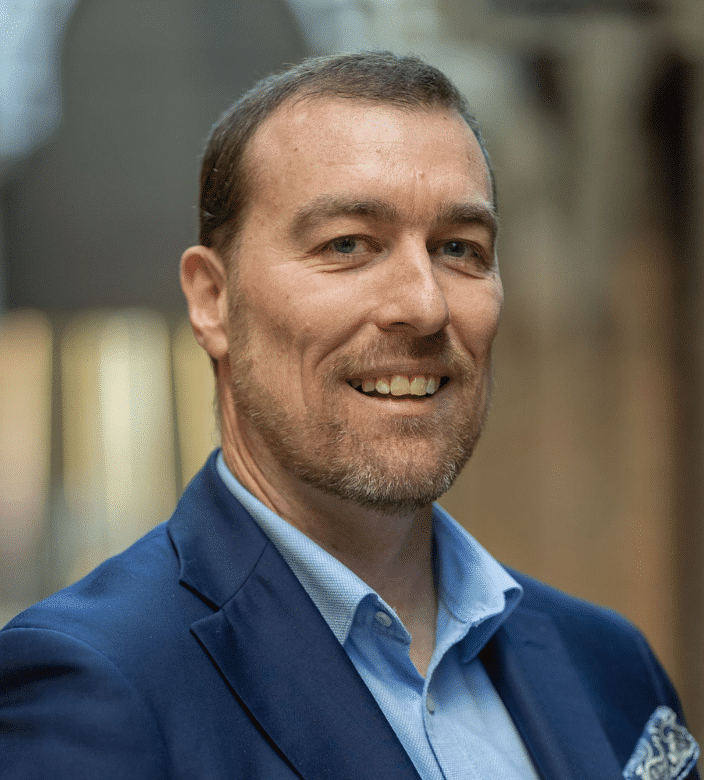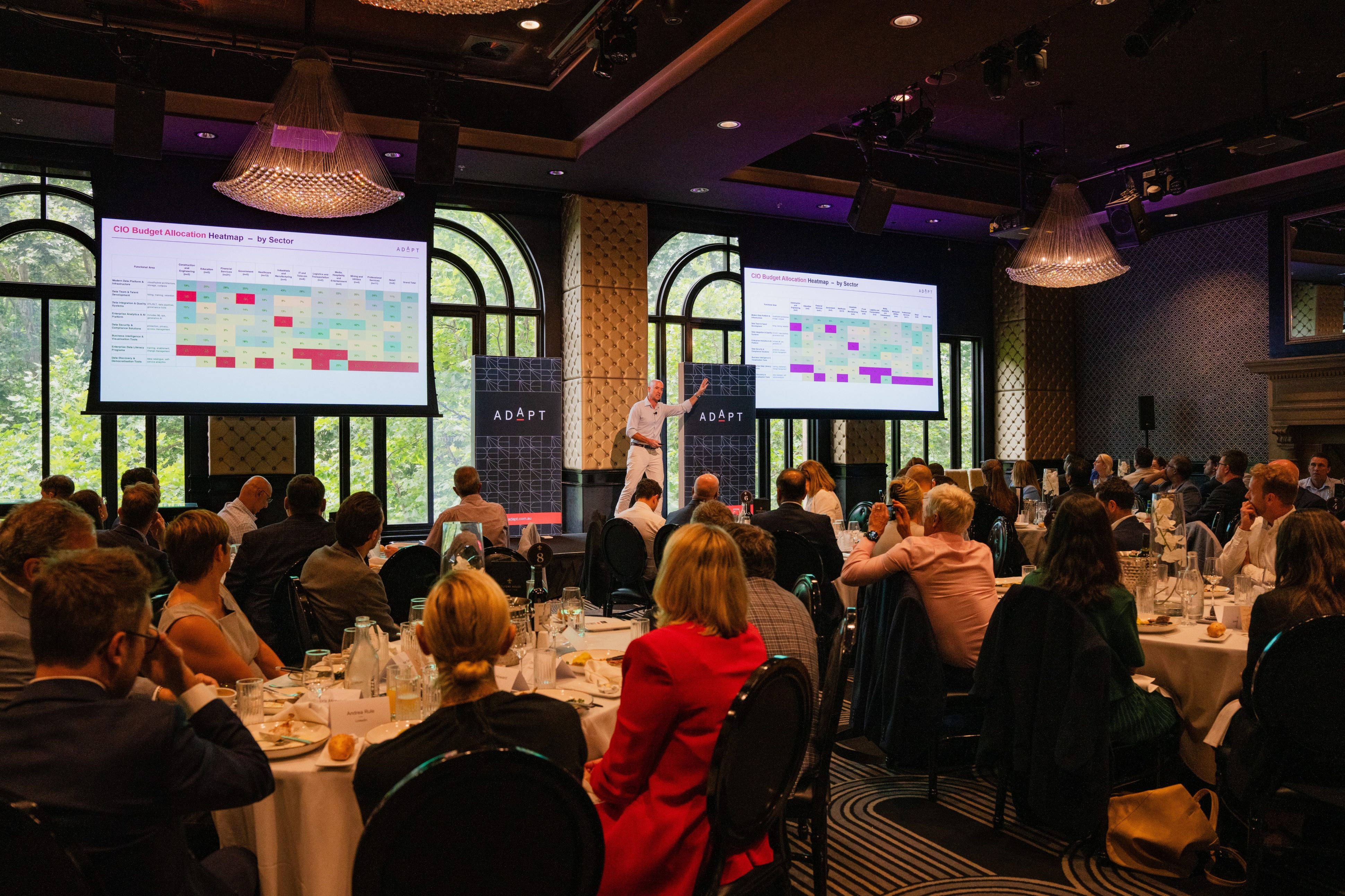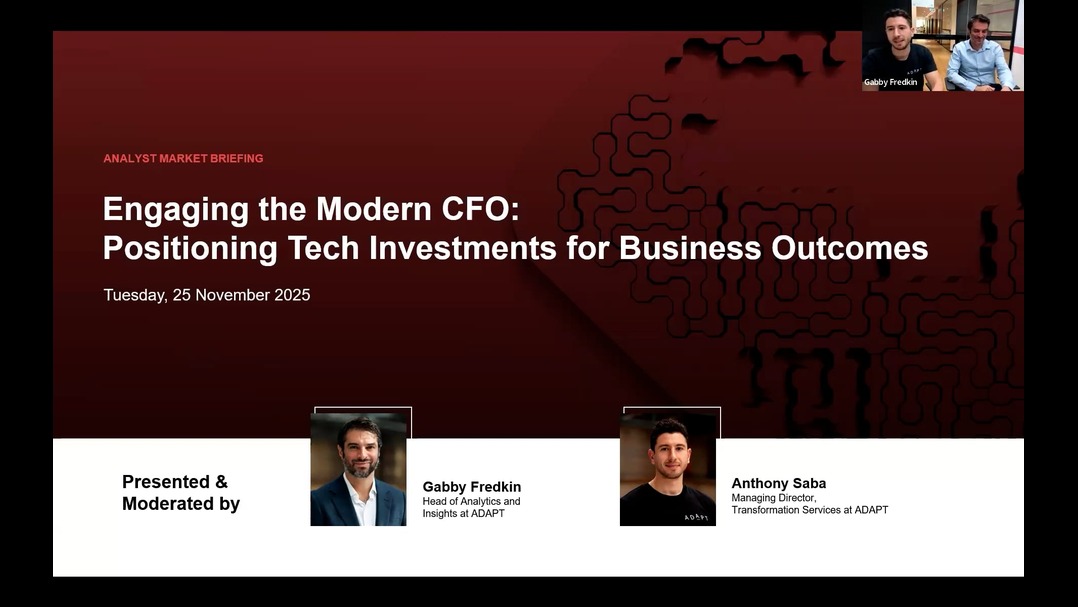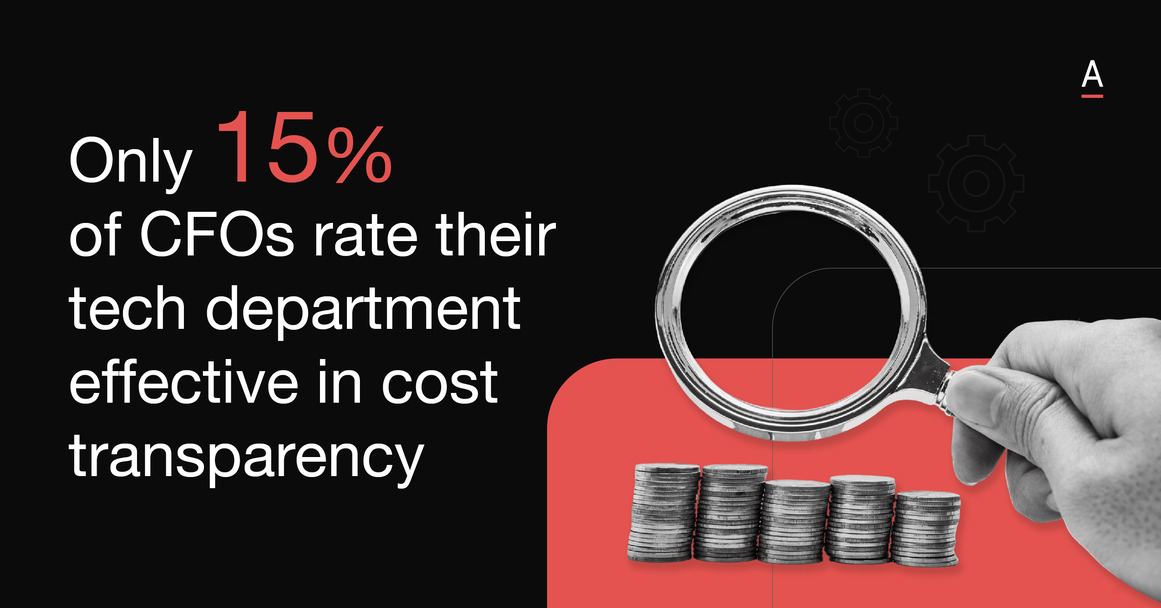AI, cloud, and a reimagined model of work are driving transformation across education, governance, and student experience at Australian Catholic University.
As organisations across sectors modernise their digital environments, the Chief Information and Digital Officer at Australian Catholic University (ACU) is focused on enabling long-term agility and human-centred transformation.
In a conversation with ADAPT’s Head of Programs & Value Engagements Byron Connolly, Russell Parker outlines the university’s cloud strategy, approach to AI governance, the changing nature of work, and how to build meaningful vendor relationships.
The video above is just an excerpt.
ADAPT Research & Advisory clients can access the full recording.
From cloud foundation to AI enablement
Since joining ACU in July 2023, Russell has led a strategic effort to strengthen the university’s core technology capabilities.
The post-COVID period, marked by tight budgets, became an opportunity to double down on foundational priorities like migrating data centres to the cloud and investing in modern data governance tools.
These moves created the conditions for the university to explore new technologies, including artificial intelligence.
“We’ve continued to focus on migration to cloud native infrastructure. Naturally, that gives us greater agility and security as we’ve embraced cloud centric compute and data services,” he said.
Governing AI with intention
With over 120 AI tools identified across teaching, research and professional domains, Russell and his team acted quickly to introduce institution-wide governance.
This included launching an AI Council, an incubator, and formal principles to guide responsible use.
While staff use tools like Microsoft Copilot for personal productivity, the rapid spread of generative AI among students has sparked deeper questions about learning and assessment.
“I think what that’s doing is it’s starting to sort of get institutions not just ours but to rethink essentially how they assess students’ level of knowledge and understanding on particular subjects,” he said.
Humanising technology through a new model of work
Russell believes the current technological moment is not just about deploying AI, but about rethinking what knowledge and work mean in a digital-first world.
He argues that traditional, industrial-era views of work are no longer fit for purpose, and that institutions must flip the model, enabling people to shape how technology supports them, not the other way around.
“We can shift this modal model where technology is driving the way people work to having people drive technology to work the way they want to work,” he said.
Rethinking education models and student demand
Beyond tools and systems, Russell anticipates that AI will transform the entire model of higher education.
As students face different economic and employment realities than past generations, their expectations of value and relevance from a degree are evolving.
This shift, he believes, will demand more than changes to delivery as it will reshape the student experience itself.
“I think it’ll be quite pervasive in its nature. Not simply just change, for example, the delivery of content that we have today,” he said. “It’ll change the way that we assess. It will change the entire experience.”
What CIOs want from vendors
Drawing on a career that spans both sides of the IT industry, Russell sees vendor relationships as successful only when they are built on shared purpose and flexibility.
He values vendors who are willing to co-create, challenge assumptions and invest in outcomes, not just transactions.
He recounted a standout example from his time at Service Victoria, where multiple vendors joined forces under extreme time pressure to deliver a solar rebate program.
“Everybody came to the table, rolled their sleeves up and took whatever it takes type of attitude to ensure that we succeeded,” he said.
The video above is just an excerpt.
ADAPT Research & Advisory clients can access the full recording.






























